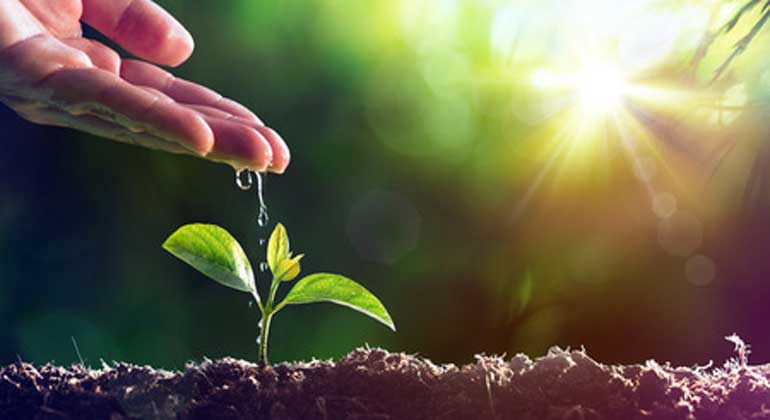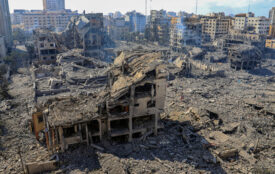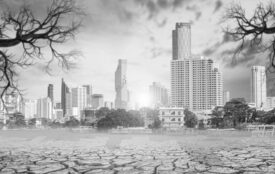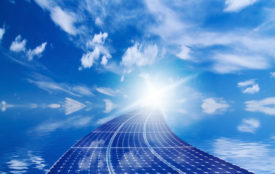Germany needs a water emergency plan
Water shortages in Africa? We got used to that a long time ago. Water shortages in Southern Europe? That, too, has happened more and more often in recent years. But water shortages in Germany? That seemed unlikely in rainy Central Europe until now.
But for several years now, there has been too little rain here, too. Drought and heat are the main causes of the increasing number of forest fires in this country as well. In addition, there is a meteorological north-south gradient. In recent weeks, for example, there has been little rain in Franconia, but quite a lot near the Alps. This is no exception. From 1990 to 2019, an average of 2,000 millimeters of rain fell per year in the Alps, but just 500 millimeters in Franconia.
The reason: How much it rains in this country also depends on the mountains. The moist air is forced to rise by the Alps. The air gets colder and it rains. It also rains less in eastern Germany than in the west.
After eight excessively dry summers in Central Europe, a water shortage is also foreseeable in Germany, which is still water-rich. Weather extremes are also increasing in Germany. On February 14, 2021, minus 23.8 degrees were measured in Göttingen, and on February 28, 2021, plus 18.1 degrees. A temperature increase of 41.9 degrees – more than ever before in this country within seven days.
Heat records in Germany
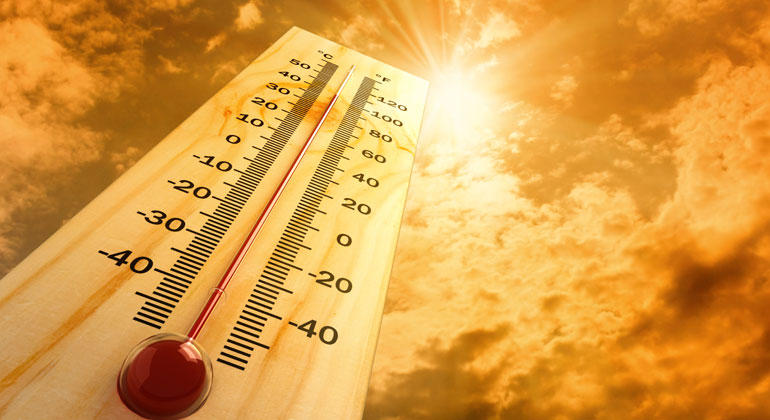
In Germany, too, there are always new heat records. This does not bode well for the future development of precipitation. We are losing our underground water wealth almost unnoticed. The German Geo-Research Center in Potsdam reported a water deficit of 43.7 billion tons for the drought summer of 2019. In parts of Brandenburg, Thuringia, Saxony, Hesse and Württemberg, the water shortage was already very tangible in 2020: in some places, a water emergency had to be declared. Washing cars, watering the garden, filling pools was prohibited. In some communities, tankers even had to be called in to supply residents with drinking water. The situation is similar this year.
Water is life
Germany urgently needs a water turnaround and, first of all, a water emergency plan: For decades, the protection of groundwater has been neglected by politicians. The high input of nitrates and pesticides in agriculture was tolerated for far too long despite threats of punishment from the European Union. Water suppliers have invested too little in their infrastructure. The battle for water reserves has begun. We need a more economical and intelligent use of our number one foodstuff. And a new water awareness. Because water is life.
In concrete terms, this means a water turnaround: Collecting and retaining water where it is produced. In other words, not using drinking water where gray water and process water can also be used. Use rainwater and organize a decentralized, ecological water supply. Conscious shopping and conscious eating reduce our water consumption. Approximately 15,000 liters of water are needed to produce one kilogram of beef. Vegan or vegetarian food requires far less water.
The Bundestag should pass a law requiring economical faucets to be installed and promoting economy toilets, economy showers, economy washing machines, and economy dishwashers, while requiring large consumers to pay a water cent. This way, we would still use about half the water per capita compared to today.
The recipe: protect, save, restore
The more forested land a country has, the better for that country’s water balance. Deforestation makes the climate warmer and drier. Forests, vegetation, fertile soils and water retention are the main regulators of a region’s water cycle. A country’s hydrologic, carbon, and energy cycles are closely linked. Only in this way can we understand the underlying patterns of rainfall formation.
Clean water cannot be taken for granted
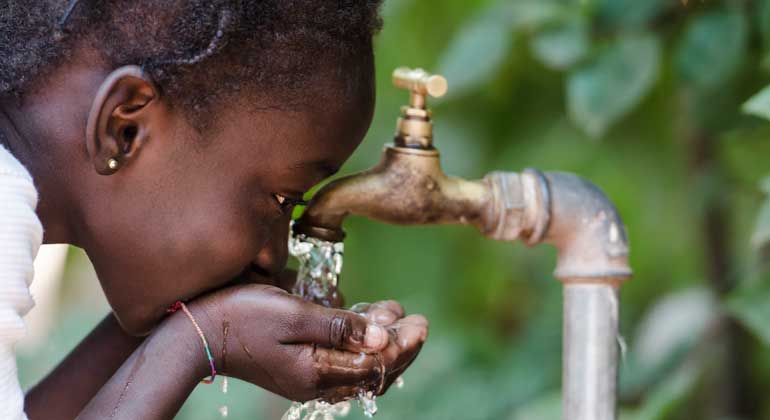
Water conservation is environmental protection and climate change mitigation, and vice versa. If the Sahel is to be resupplied with rain, trees must be planted not only across North Africa, but also along the coast to bring moist air from the ocean into the country.
The UN has declared access to potable water a human right and predicts that water will soon be “more precious than gold”. The water crisis could become the biggest problem of the 21st century. The current growing hunger crisis is essentially a water crisis.
The great climate catastrophe and the great starvation crisis will only be politically realized by an enlightened civil society. The most realistic vision of our time is that this global civil society will be the world’s largest citizens’ initiative and will take action accordingly.
“If the river dies, the people die,” says a Brazilian proverb. But it is equally true that if the river lives, the people live. We have the choice.
Source
Franz Alt 2022 | Translated with www.DeepL.com/Translator (free version)
